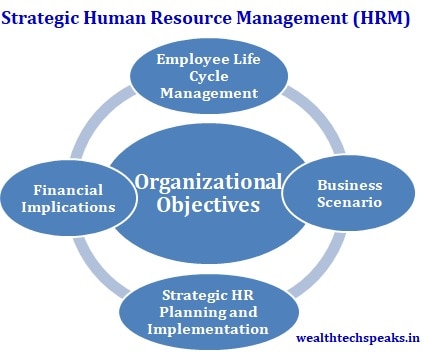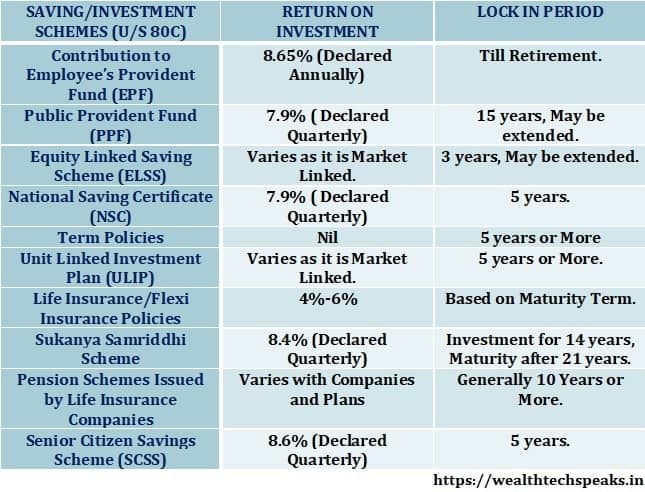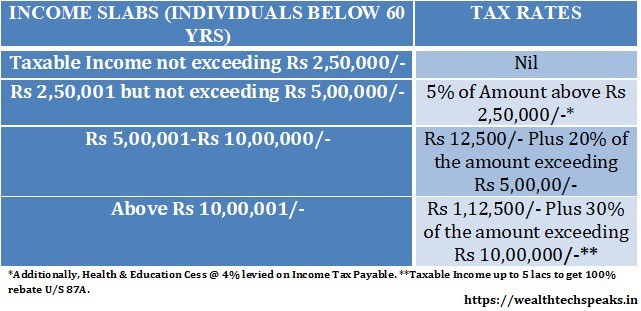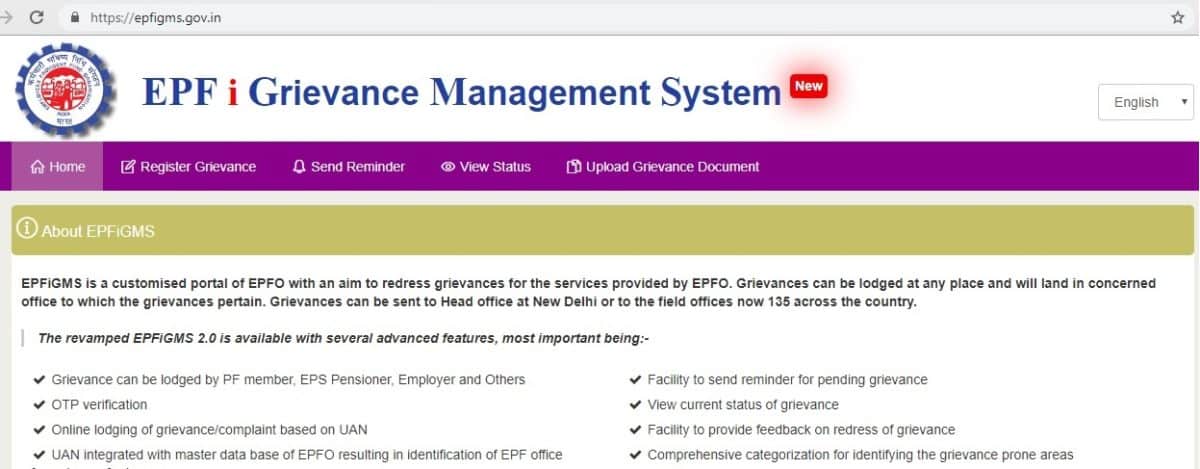
Cryptocurrency Market: All You Need To Know
- Posted By Amritesh
- On January 2nd, 2018
- Comments: no responses
Cryptocurrency is the new craze among millennials as digitization is impacting our lives in every which way possible. Eventually leading to advent of virtual currency which is regarded to be the substitute of fiat currency (Dollars, Euro, INR, etc). However, the Virtual Currency has created a lot of buzz and concerns at the same time as dealing in digital currency which is decentralized raises regulatory issues. The peer to peer based nature of transactions eliminates middlemen but also creates probability of virtual currency being misused for unlawful activities or to evade tax.
Currently, In my opinion, it is better to steer away from Virtual Currencies as Individuals do have good investment options available which are safe and regulated by the respective Authority. However, in this post I will try and share some knowledge about Virtual Currency. So that one can understand the risk and the manner in which it operates.
Bitcoin is the first cryptocurrency which came into existence in the year 2009. Following which, few more cryptocurrencies came into the existence. They are also known as Altcoins. The value of Bitcoin has rose significantly over the last year, thereby catching attention of Commoners, Regulators, Investors alike. Such abnormal rise also raises speculations surrounding digital currencies. The volatility observed also makes it risky for investment.
Currently, quite a number of Cryptocurrencies is trading in the market. The popular ones include Bitcoins, Litecoins, Ethereum, Ripple to name a few. These cryptocurrencies is being traded globally but it is still far from being the most accepted medium of exchange and regulatory authority also have concerns surrounding the same. Unless and Until, the crypto currencies gain fair amount of transparency and regulation it will be hard to consider it as an ideal investment product or exchange currency.
Learn about Bitcoins in the link shared below:
http://wealthtechspeaks.in/investment-bitcoin-concerns-acceptance.html
What is Cryptocurrency?
Cryptocurrency is an encrypted decentralized digital asset or virtual currency. As it uses cryptography (based on coding) for security which is regarded as fairly difficult to counterfeit. Since it is a decentralized medium the transactions is performed on peer to peer basis.
The decentralized control is using the Blockchain technology which is managed by Global Network of computers using digital ledger to record transactions. Thereby, making it extremely difficult to alter records retroactively on the series of networks.
At present, quite a number of cryptocurrency is operating Globally. Bitcoins, Litecoins, Ripple, Ethereum are some of the well known cryptocurrencies.
How Cryptocurrency Operate?
A digital ledger using network of systems is maintained with multiple point checks. The identities of the holders are encrypted, with the currency being stored in Digital Wallets. The digital ledger is also known as “Blockchain”.
Transfer of the cryptocurrency from one wallet to another wallet is called “Transaction”. The transaction is submitted to the Public Ledger wherein the transaction is verified following which it is added to the Digital Ledger.
The process of adding cryptocurrency to the digital ledger is known as “Mining”. The transaction is added to the ledger by solving complex analytic structure. The miner solving the structure adds the block to the ledger and receives a small transaction fee in his/her respective wallet. New currency is also created by the miners which again is added to the ledger.
Legal Status of Cryptocurrency
This is a very sensitive issue as of now. Regulators across the globe are unsure as to how to treat the Cryptocurrency which is regarded as Digital Currency. Some of the leading economies have accepted and legalized the use of cryptocurrency while many of the developing economies are still trying to formulate laws to regulate the use of cryptocurrency. However, many of the countries have already banned or imposed restriction on the use of such virtual currencies.
Governments and Regulators do have their genuine concern as it is decentralized system and unscrupulous use of funds cannot be denied. Irrespective of the legal acceptance, the system is plagued by other concerns too, which requires to be addressed before it can be accepted as Legal tender globally.
Tax on Cryptocurrency
Countries who have declared the Cryptocurrency illegal may prosecute Individuals found indulging in any such activity. Many countries including India have also refused to recognize Virtual Currencies as legal tender and have cautioned Individuals against use of such currencies.
Some countries have allowed use/trade of virtual currencies, Capital Gain Tax is levied depending on the tenure of holding of such assets. Individuals involved in “Mining” of such currency may be required to pay “Income from Profession and Business” tax.
Investment Product
Many also consider Cryptocurrency as Investment product as the value of the virtual currency is gaining prominence and Individuals have started looking at it as alternative investment product. However, it is still early to consider it as a genuine alternative to conventional investment product.
Such Currency has shown high volatility and investment in such products is prone to high risks.
Future of Cryptocurrency
Bubble or Potential, only time is going to tell. Cryptocurrency concept is fairly new and one should be cautious while dealing in such currency. However, if proper regulation and monitoring system is established to track the transactions and bring transparency, definitely these virtual currencies have a great market for themselves.
Threats due to malware attacks, hacking, loss of credentials also poses very serious concerns for such digital currency.
India’s Stance on Cryptocurrency
Regulators and Government have repeatedly warned investors not to deal in such currencies. Currently, it is not recognized as Legal tender and Investors dealing in such currencies have been cautioned that they are doing so at their own risk. Even the exchanges operating do not have the approval or recognition from Regulators for carrying on such activities.







